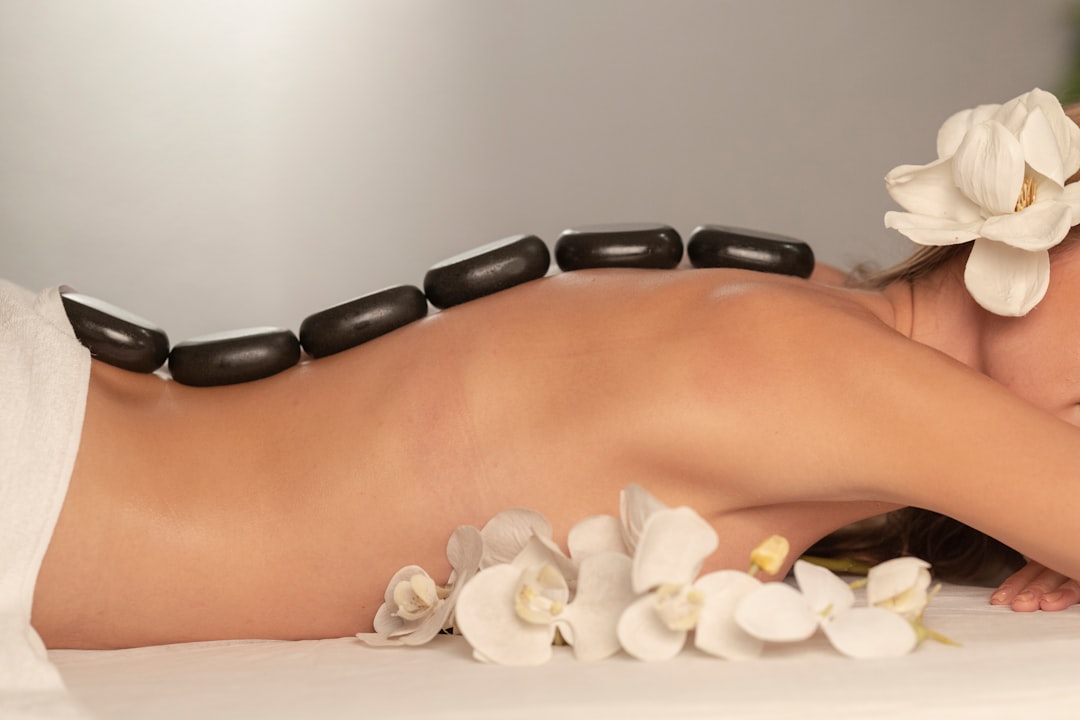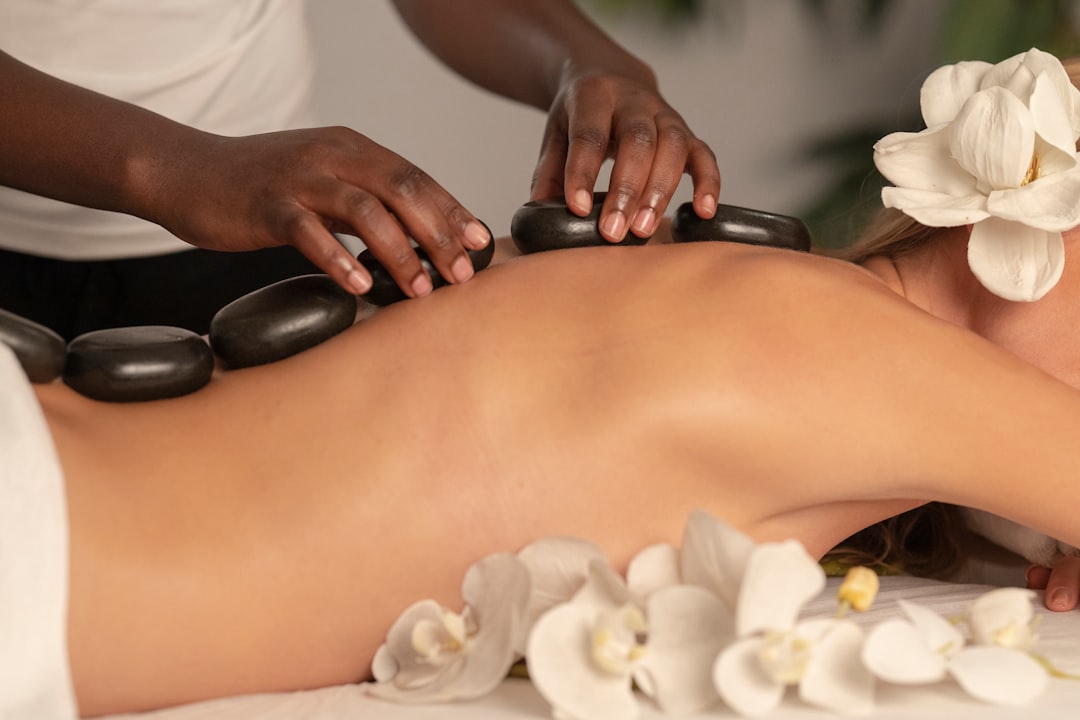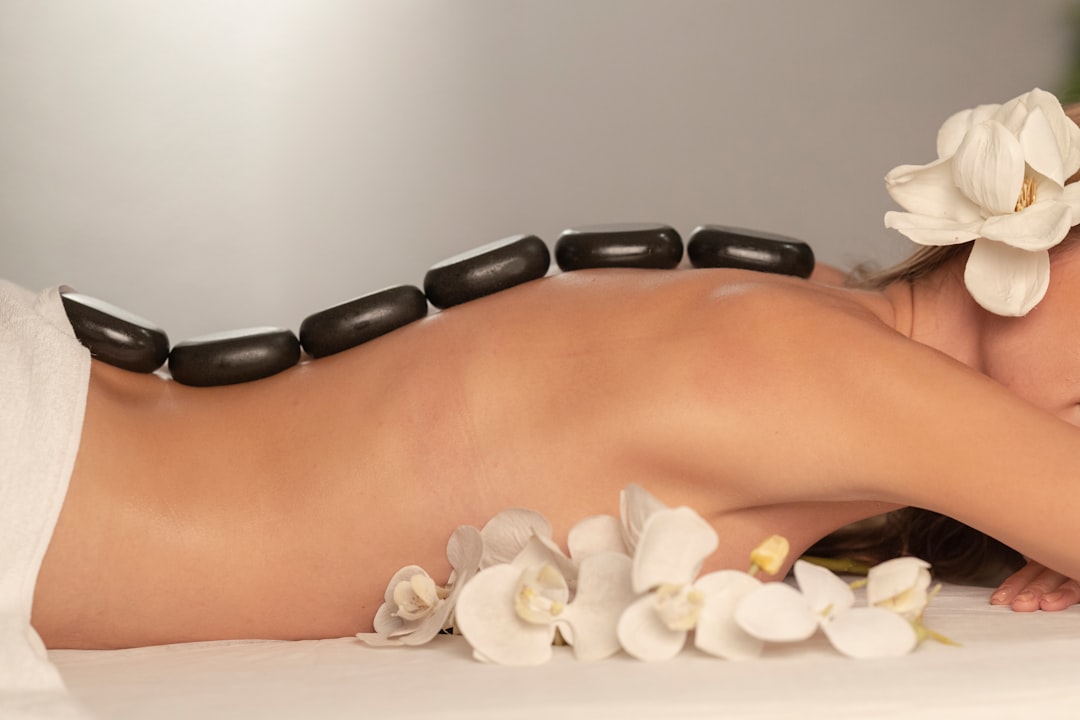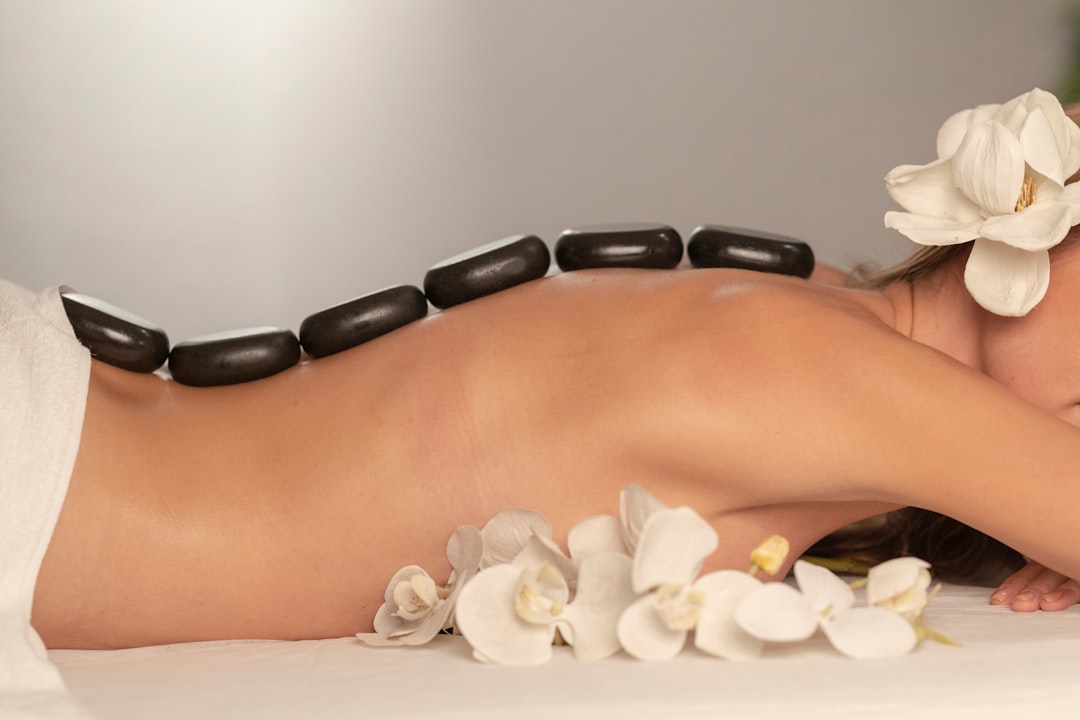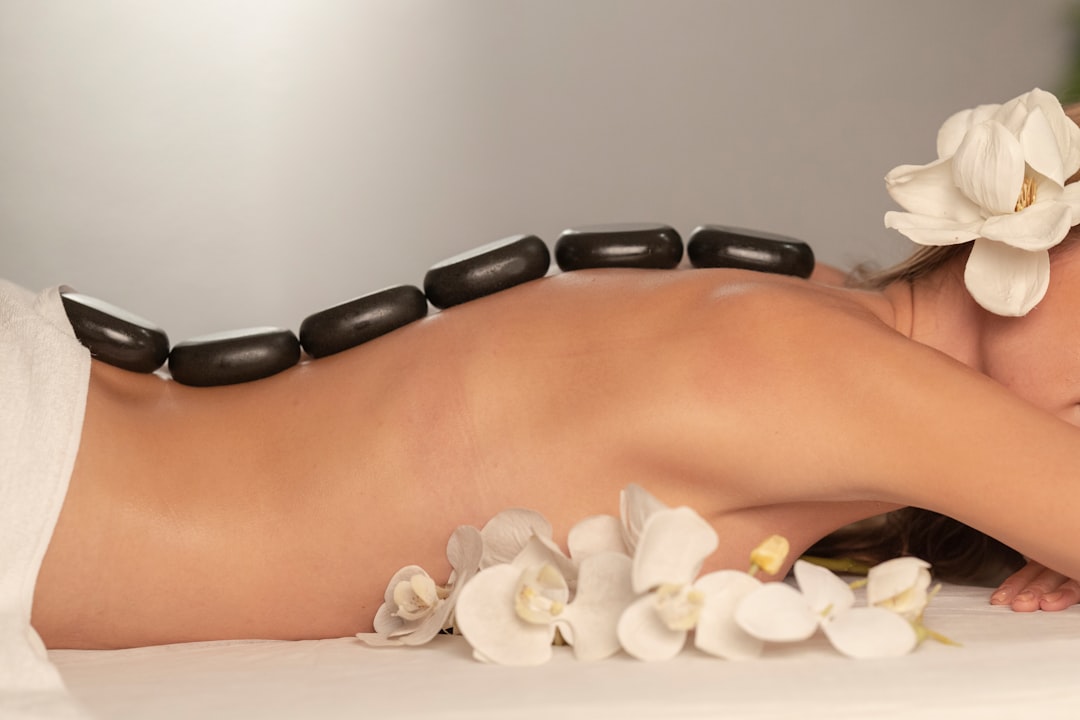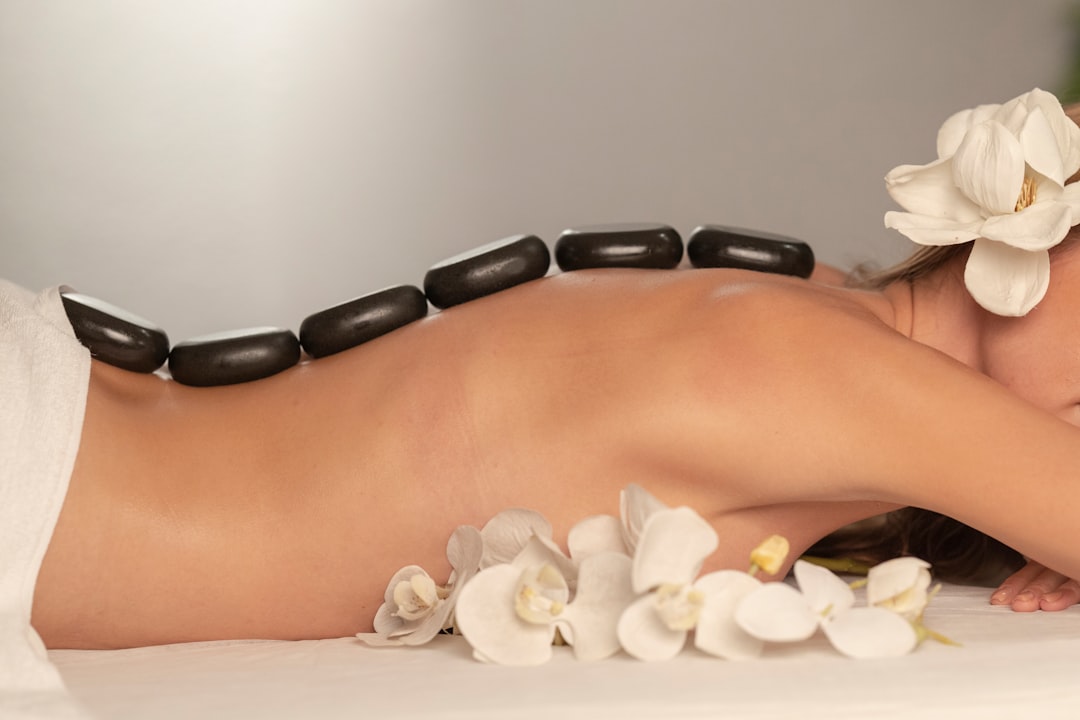Massage therapy in Mississippi requires cultural sensitivity to cater to its diverse population. Certification programs like Bruce's train therapists on consent, communication, and historical contexts of different cultures' healing practices, avoiding misunderstandings and potential issues like massage sexual assault. With a rich cultural tapestry, clients expect therapists to respect personal space and varying perceptions of touch. In cases of sexual assault, therapists' cultural competence impacts victim trust and recovery, making training crucial, especially for massage sexual assault lawyers in Mississippi. Certification also addresses historical trauma, empowering therapists to create inclusive spaces that foster trust and deeper healing. Massage therapists face legal challenges, including reporting abuse while maintaining confidentiality, emphasizing the need for proper certification to handle such cases sensitively and ethically. Creating inclusive spaces builds trust with diverse clientele, adapting approaches respectfully to avoid miscommunication or discomfort. Open communication and adaptability transform the massage experience into a safe haven.
“Discover how Bruce’s Massage Therapist Cultural Awareness Certification is transforming client care in Mississippi. This article delves into essential aspects of cultural sensitivity, exploring its profound impact on client experiences, especially in a state with unique legal considerations regarding massage therapists and sexual assault cases. We discuss historical trauma, intergenerational pain, and strategies to build trust and safe spaces. For massage professionals, this guide offers invaluable insights, ensuring practice excellence while navigating complex cultural and legal landscapes.”
Understanding Cultural Sensitivity in Massage Therapy
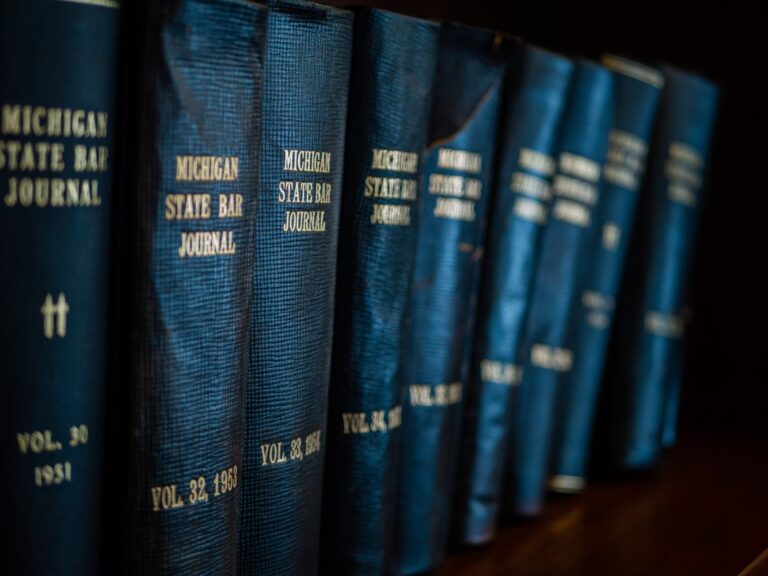
Massage therapy, a practice often associated with relaxation and healing, requires a nuanced understanding of cultural sensitivity. In the diverse landscape of Mississippi, where individuals from various ethnic, racial, and cultural backgrounds coexist, massage therapists must be adept at navigating these differences to provide inclusive and safe services. Cultural awareness training, such as the Bruce’s Massage Therapist Cultural Awareness Certification, equips practitioners with the skills to avoid misunderstandings and potential harm.
This certification program delves into critical issues like consent, communication styles, and the historical context of different cultures’ relationships with touch and healing practices. For instance, understanding the cultural significance of personal space or the varying perceptions of massage can prevent incidents that might be misinterpreted as inappropriate or even massage sexual assault. Mississippi, with its rich cultural tapestry, demands that therapists respect these nuances to foster trust and ensure every client receives a respectful, comforting experience.
The Impact of Bias on Client Care in Mississippi

In Mississippi, where issues surrounding racial and cultural bias are deeply ingrained in history, the impact on client care for massage therapists cannot be overstated. Bias, whether conscious or unconscious, can significantly affect the quality of service provided to clients from diverse backgrounds. This is especially pertinent in the context of sexual assault cases, where a therapist’s sensitivity towards cultural nuances may play a pivotal role in a victim’s recovery and trust.
Massage sexual assault lawyers in Mississippi often highlight the need for therapists to be aware of their own biases and culturally competent. This includes understanding the diverse beliefs, values, and communication styles of clients from various ethnic, racial, and socio-economic groups. By recognizing and addressing these biases, massage therapists can create a safe, non-judgmental environment that fosters healing and empowers clients to share their experiences openly, crucial for effective treatment and just legal outcomes.
Addressing Historical Trauma and Intergenerational Pain

Addressing Historical Trauma and Intergenerational Pain is a critical component of Bruce’s Massage Therapist Cultural Awareness Certification program. Many communities, particularly those with histories of oppression and discrimination, bear the weight of intergenerational trauma. This includes experiences of systemic racism, sexual assault, and other forms of violence that have been passed down through families and cultures.
Massage therapists play a vital role in acknowledging and healing these wounds. By understanding the impact of historical trauma on individuals and communities, therapists can create safer, more inclusive spaces. In Mississippi, where massage sexual assault cases have occurred, cultural awareness training equips therapists to recognize and address subtle cues of distress that may be related to past traumas. This empathetic approach fosters trust and facilitates deeper healing processes for clients.
Legal Implications for Massage Therapists in Sexual Assault Cases

Massage therapists in Mississippi, like in many other states, face unique legal considerations, particularly when dealing with sensitive issues such as sexual assault. Given their intimate nature of their work, therapists must be aware of their responsibilities and potential implications under the law. If a client reveals a history of sexual abuse or assault, massage therapists are legally obligated to report this information to the appropriate authorities, ensuring client confidentiality while prioritizing public safety.
In cases of suspected sexual assault, having the proper certification, including cultural awareness training, can be invaluable. This training equips therapists with skills to handle such complex situations sensitively and ethically. Moreover, understanding cultural nuances related to sexual health and trauma can facilitate better communication and care for clients from diverse backgrounds, especially when navigating legal processes with massage sexual assault lawyers in Mississippi.
Building Trust and Safe Spaces in the Massage Environment

Creating a safe, culturally aware space is paramount for massage therapists as it fosters trust with clients from diverse backgrounds. This involves understanding and respecting individual differences in beliefs, values, and personal boundaries. A therapist’s ability to adapt their approach based on cultural considerations can significantly enhance the client’s overall experience, making them feel seen and heard. For instance, some cultures may have specific norms regarding physical touch and exposure, requiring therapists to be sensitive to these nuances to avoid any potential discomfort or miscommunication.
In Mississippi, where legal protections for victims of sexual assault are in place, cultivating cultural awareness becomes even more critical. Massage therapists must be vigilant about maintaining professional boundaries to prevent any instances of mistreatment from occurring. By prioritizing open communication, active listening, and adaptability, therapists can build a safe haven for their clients, ensuring that everyone feels respected and valued during each session.

